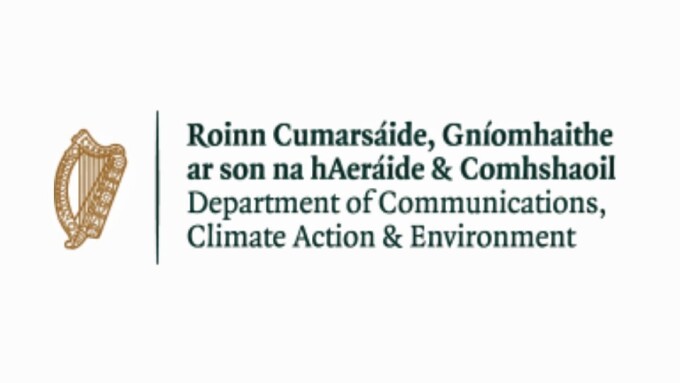LOS ANGELES — Legitimate adult entertainment providers have their hands full in keeping a watchful eye on the ever-changing global regulatory climate and nowhere is this eye more focused today than on the many online age verification mandates being pursued around the world.
The latest news on this front comes from Ireland, which has been keeping its own close eye on the U.K.’s ongoing battle to bring age- and identity verification to the masses, and Australia’s experience in the matter.
Now, noting the measures are “not a priority,” Ireland’s Communications Minister Richard Bruton has shelved an initiative to introduce age restrictions on porn access in a proposed online safety bill.
Ireland intended to include the restrictions modeled after the U.K.’s efforts as part of broader legislation expected to be completed by year’s end that would target cyberbullying and unrestricted social media influences, but the U.K.’s problematic and oft-postponed AV implementation is causing a closer look at this factor.
“You see looking at other countries, they have run into difficulties in designing legislation and having it be robust, so we had the consultation, we are now working with the Taoiseach and the Attorney General to get the elements of it in place,” Bruton said. “I am working on as fast a schedule as I can, but I am also very conscious that this is an area where we need to have our legislation robust. I am working to have the heads of the bill by the end of the year.”
Ireland’s efforts began, in earnest, in March, at which time Bruton was clear about the legislation’s goals:
“Digital technology is transforming the world in which we work and live and learn. This provides huge opportunities for us all. It has been central to our economic and social development as a country for three decades. However, the digital world also presents new risks which did not exist previously,” Bruton stated. “The situation at present where online and social media companies are not subject to any oversight or regulation by the state for the content which is shared on their platforms is no longer sustainable.”
Bruton believes the era of self-regulation in this area is over and that a new Online Safety Act is necessary.
“I will bring forward an Online Safety Act which sets out how we can ensure children are safe online. This will involve, for the first time, setting a clear expectation for service providers to take reasonable steps to ensure the safety of the users of their service,” Bruton explained. “A Regulator, an Online Safety Commissioner, would oversee the new system.”
For more information on Ireland’s online safety proposal, click here.







